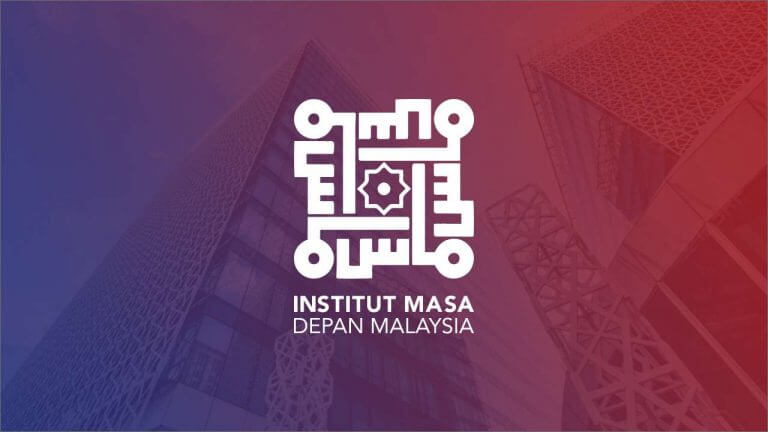By Adriana Asmaa’ Mohd Ezanee, Research Analyst, Institut Masa Depan Malaysia
Malaysia’s transition to the knowledge-based economy has been worryingly sluggish.
KEMP, the knowledge-based economy master plan was launched way back in 2002. It outlined strategies to sustain a) rapid rate of economic growth, b) enhance international competitiveness, and, c) to steer country away from production-based economy.
As KEMP enters its 21st year, the outlook is dire. Such is the dependence on foreign labour for their low wages that many industry players are pushing the government to “simplify” immigration procedures to facilitate hiring of foreign workers.
Why so? They are sticking to the low-cost business models. The strategic shift to knowledge-based economy would require investment in technologically-advance machines and operations, run by skilled talents. They are not prepared to invest accordingly.
Sticking to the old model stunts the growth of highly-qualified positions. This leads to underemployment.
Data released by Department of Statistics Malaysia (DOSM) shows “underemployed graduates” to be at a whopping 33.9 per cent or 1.55 million for the year 2021 although the graduate unemployment figure was just 4.1 per cent.
And, a surplus of unskilled labour will result in excessive labour emigration from among our educated population. It is a given that this will eventually impact the nation’s productivity and economic growth.
Bank Negara Malaysia (BNM) reports that Malaysians are not being paid enough for their productivity level.
Many of us are underpaid. This pattern has gone on for decades with Malaysian employees paid the least for the same level of production compared to their peers in Singapore and South Korea.
The brain drain is prevalent in almost all industries. In essence, it is an exodus of the educated segment of the country’s population.
Acclaimed infectious diseases expert Professor Adeeba Kamarulzaman highlighted that Universiti Malaya loses at least 30 of its medical graduates to Singapore each year, and that it costs the country almost RM1 million per student to train.
In 2011, the government set up TalentCorp to help stem the brain drain and attract Malaysians to return home via its returning experts programme (REP). REP has only managed to bring home 3,600 experts since.
Now, the government and employers should think of offering highly skilled individuals “compelling reasons” for them to stay and build promising careers here. Not just for those who came back after working overseas but also for the ones who had long opted to stay and never ventured out of the country to seek employment; or our Knowledge-based economy remains a non-starter.
Young employees need assurances that innovations, creativity and hard work will be rewarded.
Malaysia must now make significant investments in top-notch training and educational initiatives to develop a workforce that will meet the demands of the modern economy. The Human Resource Development Fund (HRDF) needs to accelerate its efforts in offering high-quality training and upskilling programmes, publicising its range of projects extensively and making itself accessible to all working Malaysians.
Leading technology agencies like NanoMalaysia and the Malaysia Digital Economy Corporation (MDEC) must help businesses and organisations across all industries to raise their readiness, knowledge and adoption of technology.
The promotion of research and development initiatives through tax exemption, for instance, will definitely lure multinationals and investors as this helps reduce cost.
Underemployment means unrealised potentials and companies would benefit from increased productivity if they address underemployment by giving employees jobs based on their talent, calibre and academic merits. The appropriate designation and post assigned to a worker will inspire performance and efficiency.
Acknowledging local talents or highfliers can drive innovation and unlock their repertoire of creative energy. Such energy must be deployed and channeled so that a conducive environment is created in which the workers and their companies are able to flourish.
A strong political will is, indeed, required to help address this long-standing issue.
Malaysia has made significant investments in infrastructure but it has yet to achieve a level of scientific development, technological and innovative capabilities that can retain or recover the human capital that it has generated.
Therefore, close cooperation between the government and employers and a review of the existing policies are vital to bring back and retain young talents to push Malaysia towards becoming a high-income nation.
Source: https://apakhabartv.com/2023/01/15/brain-drain-a-distortion-to-our-future-economy/
